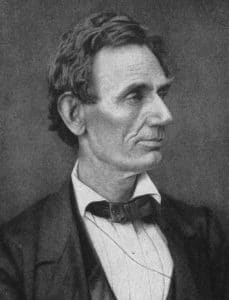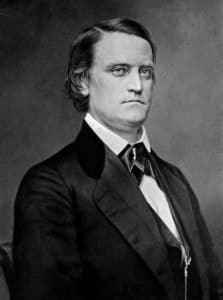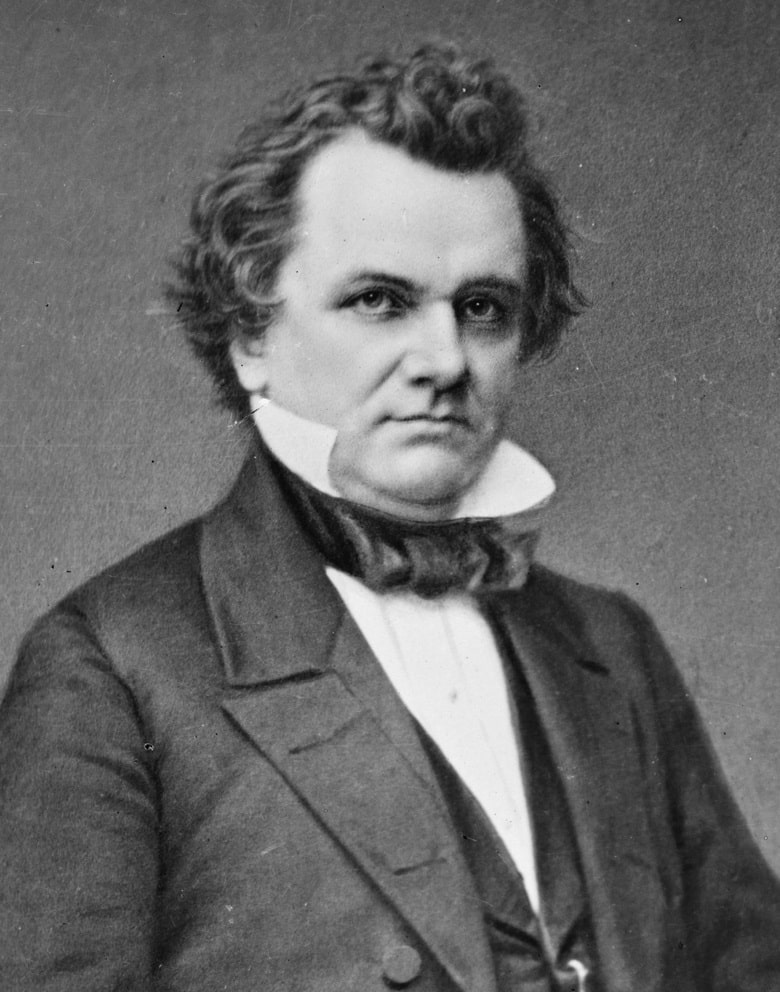The Presidential Election of 1860 set the stage for the Civil War. The free and slave states had been feuding for several years, and different pieces of legislation had helped to keep the tensions in check, but the abolitionists continued to gain power and with the formation of the New Republican party that was built in opposition to slavery, the south's chances of keeping their institutions looked bleak. When Abraham Lincoln won the election, secession began.
Presidential Election of 1860: Platforms




- Republicans: They ran on an anti-slavery platform and had been gaining power since the Presidential Election of 1856. Nominated Abraham Lincoln for President.
- Southern Democrats: John C. Breckenridge was their nomination, and they were the extreme pro-slavery part of the Democratic party who threatened secession. They were also known as "Fire-Eaters."
- Constitutional Union: They took a middle ground on the slavery issue and chose to ignore it. They wanted to avoid the conflict that slavery presented. They nominated John Bell.
- Northern Democrats: They nominated Stephen Douglas, a moderate on the slavery issue. He was an author of the Kansas-Nebraska Act and had shown an ability to work with Southerners on the issue of slavery.
Presidential Election of 1860: Results
The splitting of the Democratic party meant the Republicans held a huge advantage. The issue of the day was slavery and secession.
The North had many more electoral votes due to the population advantage. In the end, it did not matter that the Democratic vote was split, as Abraham Lincoln got more electoral votes than all of the parties combined. However, he only received 40% of the popular vote.
When It was announced that Abraham Lincoln had won the election, the South began plans of secession. It was clear that the only way that the United States would stay united was through war.
The Electoral Results were:
- Abraham Lincoln: 180 (Took all of the North with the exception of New Jersey and the border state of Missouri.
- John C. Breckenridge: 72 (Took most of the south)
- John Bell: 39 (Took almost all of the border states)
- Stephen Douglass: 12 (Split the vote with Breckenridge and ended up taking Missouri and New Jersey)
By the time Abraham Lincoln took office, most of the Deep South had already seceded from the Union. The nation was on the brink of war, and it was now unable to avoid it if it wished to stay united.
Related Pages
- The History Junkie’s Guide to the Civil War
- The History Junkie’s Timeline of the Civil War
- The History Junkie’s Timeline of American History
- The History Junkie’s Guide to Colonial America
- The History Junkie’s Guide to the Revolutionary War
- Slavery during the American Revolution
- Return to The History Junkie's Homepage
